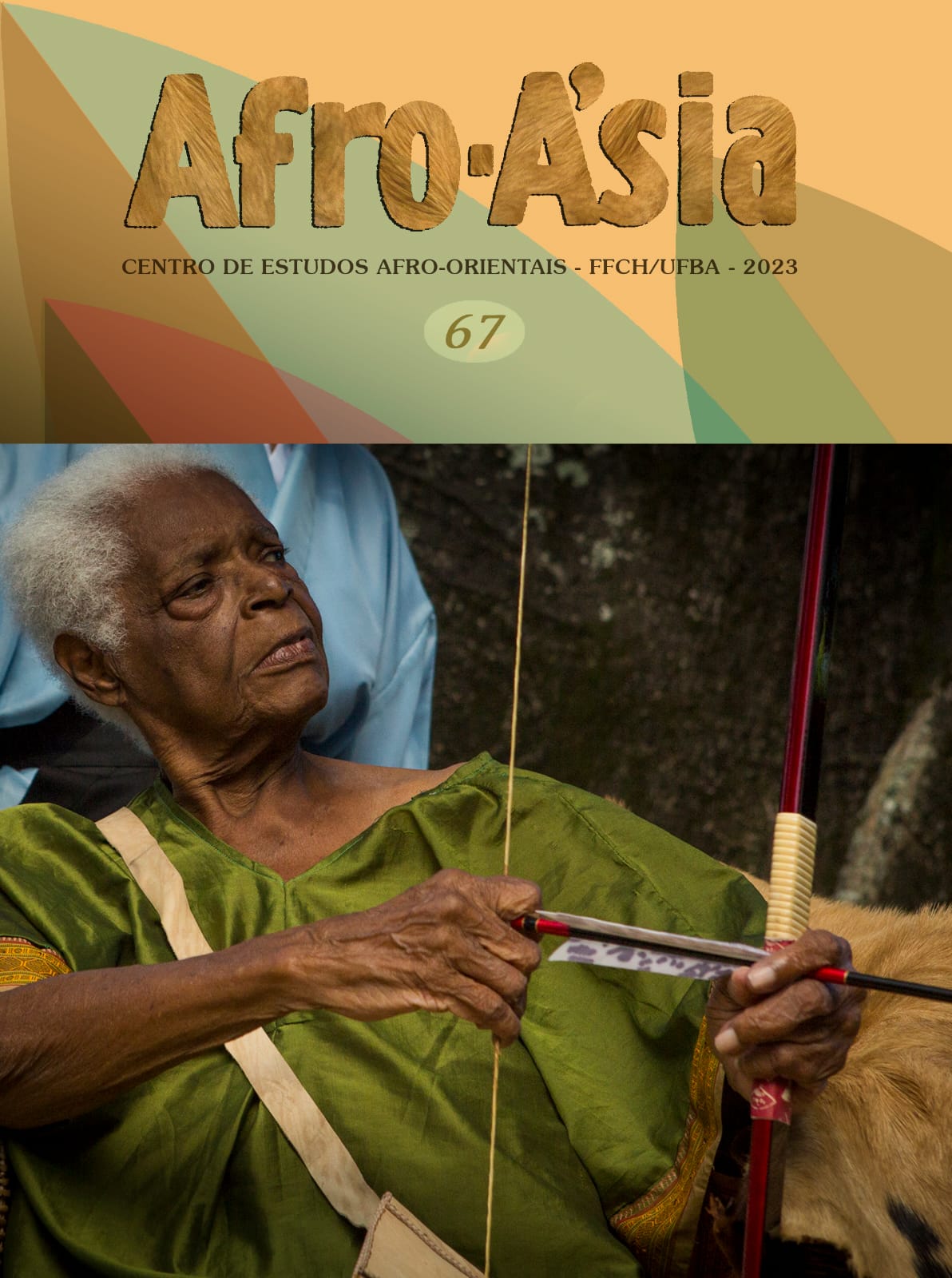On the Trails of the Terreiro
Afro-Brazilian Religions and Associativism in Bahia (1930-1970)
DOI:
https://doi.org/10.9771/aa.v0i67.50670Keywords:
Associativism, Candomblé, Race relations, Black social movement, BahiaAbstract
This article brings together notes and new data on a topic that is still rare in studies of Afro-Brazilian religions, although it is a very widespread phenomenon: associativism linked to terreiro religions. Through newspapers published in Salvador, especially in the 1970s, as well as through ethnographic and historiographical data, the article shows subjects, interpretations, proposals and associations linked to Afro-Brazilian religious communities that allow a better understanding of the relationships between the experiences of people linked to terreiros and those involved in Afro-Brazilian struggle for political and civil rights, above all, in efforts to attain full citizenship and to overcome racism. The movement for the legitimation of ancestral rites as religious in nature, which included notions of appreciation and respect, reveals similarities between the terreiros’ struggle and those of the black social movement, active at the national level from the 1930s onwards.
Downloads
Downloads
Published
How to Cite
Issue
Section
License
Copyright (c) 2023 Edmar Ferreira Santos

This work is licensed under a Creative Commons Attribution 4.0 International License.
You are entitled to freely share, adapt and use the work herein published for any legitimate purpose as long as authorship and the original source are acknowledged.




